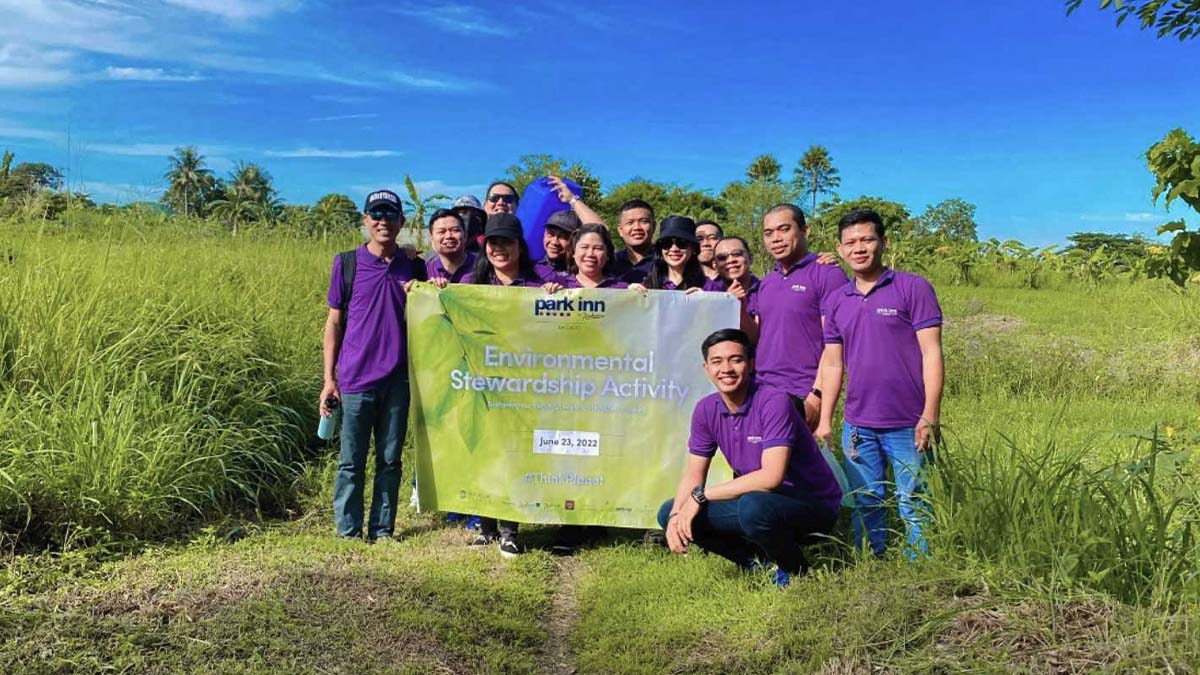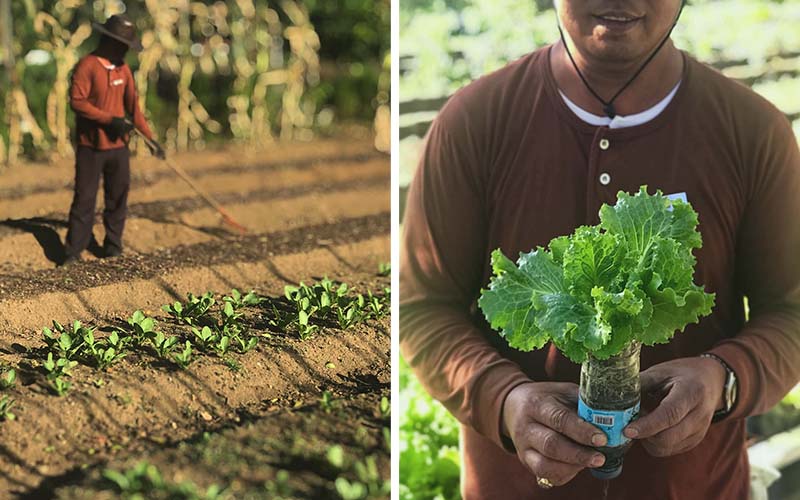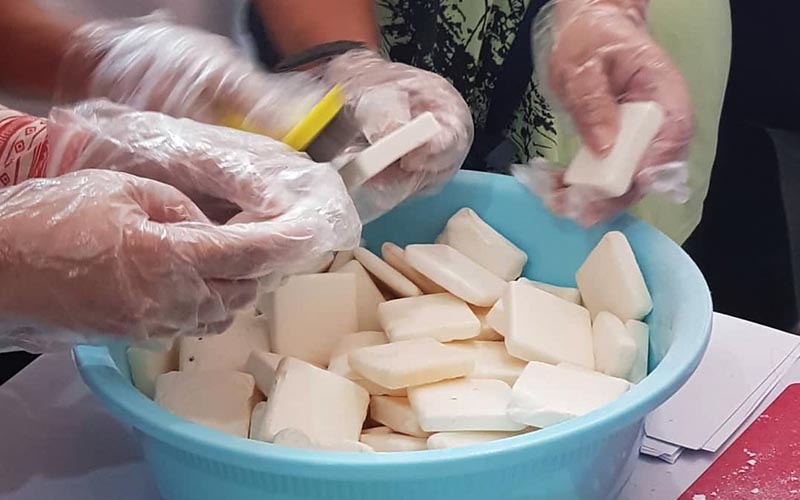
Food waste and environmental pollution are an increasing concern globally. This is why SM Hotels and Conventions Corporation (SMHCC) has taken steps to mitigate these problems by implementing sustainable initiatives across all its properties in the Philippines.
SMHCC, established in 2008, had the primary purpose of developing and managing the hotel and convention properties of its holding company, SM Prime Holdings, Inc. It currently operates nine world-class properties, including Taal Vista Hotel in Tagaytay City, Pico de Loro Beach and Country Club and Pico Sands Hotel in Batangas, Radisson Blu Hotel in Cebu, Conrad Manila in Pasay City, and Park Inn by Radisson hotels in North Edsa, Clark, Davao, Iloilo and, Bacolod.
A decade later, SMHCC rewrote its mission and vision by navigating the path toward a sustainability journey. Its efforts are anchored on its Seven Green Goals (7Gs) based on the United Nations Sustainable Development Goals. These are Gender Equality, Energy and Water, Sustainable Tourism, Consumption and Diversion, and Greenhouse Gas (GHG).
A commitment to responsible consumption and diversion
“Our efforts are driven by the principles of ‘Refuse, Reuse, and Recycle.’ Our key initiatives include World Wide Fund for Nature’s Sustainable Diner, composting efforts, eco-labeling and, phasing out of single-use plastics,” VP of Sustainability and F&B at SMHCC Leah Magallanes says.
SMHCC partnered with WWF to carry out the latter’s Sustainable Diner project across all its hotel and convention properties. The project aims to transform and help the food service sector minimize its impact on the environment and the world’s future food security through a multi-sectoral awareness and adoption of healthy and environment-friendly practices.
Sustainable Diner at SMHCC is executed mainly across the group’s Back of House (BOH) or its internal operation and service to the customers. These are considered quite effective as they helped management significantly change and improve the food waste concern, such as reducing food waste per cover to less than an average of 250 grams.

The BOH journey at SMHCC is a multi-dimensional program. Not only does the rigorous process help fulfill its sustainable initiatives but it also saves internal costs for the organization. An example of this is the composting efforts of Taal Vista Hotel and Pico Sands Hotel. They have successfully created a circular economy that benefited their F&B operations. Their own compost pits were reported to produce over 1,000 kilos of vegetables last year.
Partnerships with a shared mission and values play an important role in SMHCC’s sustainability journey. It is currently working on recycling its condemned linens and turning them into totes and face masks in partnership with various entities. Conrad Manila and Park Inn by Radisson Clark, on the other hand, pursued an initiative with ‘Rise Against Hunger’ and Diversey called Soap for Hope, which is to salvage soap slivers and turn them into new soap bars.

Conrad Manila reported that it was able to donate 38kg of used soap from guest rooms to its partner community in Taguig. This benefit doubled as it, in turn, led to the provision of livelihood for the women in the community and helped amplify the importance of sanitation and hygiene.
Eco-labeling and phasing out single-use plastics
Eco-labeling is another effective initiative practiced across all SMHCC properties. Its continuous promotion of sustainable consumption and production policy raises awareness among guests, and, ultimately, reverberates the effort to the public with changed mindsets.
In October 2021, Pico Restaurant and Sun Coral Café—the restaurants in Pico de Loro Beach and Country Club and Pico Sands Hotel—received the National Ecolabelling Programme-Green Choice Philippines (NELP-GCP) Awards Certification.
SMHCC also promptly addressed one of the environment’s biggest concerns: single-use plastics (SUPs) and amenities. It fully supports the United Nations Environment Program’s (UNEP) project to phase out SUPs such as plastic straws, plastic utensils, cups and glasses, and takeout containers. Aside from these, properties started eliminating plastic water bottles in guest rooms and plastic amenity containers in bathrooms .
Pico Sands Hotel, for example, successfully diverted 130,000 pieces of plastic straws to paper straws and 46,000 pieces of plastic bags to brown bags. Together with Taal Vista Hotel, they have also replaced their single-use amenities with refillable bottles, as well as microwavable plastic containers with biodegradable take-out packaging.
SMHCC has several efforts and partners to fully realize its Seven Green Goals. But to ensure all properties practice responsible procurement, it spearheaded an annual online seminar and awareness program called Green Procurement. This program anchors on ‘greener’ ways to procure goods and focuses on its performance via reports on waste, plastic, production, and consumption. The event also introduces new projects, partners, and suppliers to make the journey a success.
SMHCC continues to step up its exciting journey with the profound mission of elevating consumers’ mindsets for responsible consumption, contributing to the wellness of people, and nurturing the environment.



















-x-250px(H)-copy (1).png)




